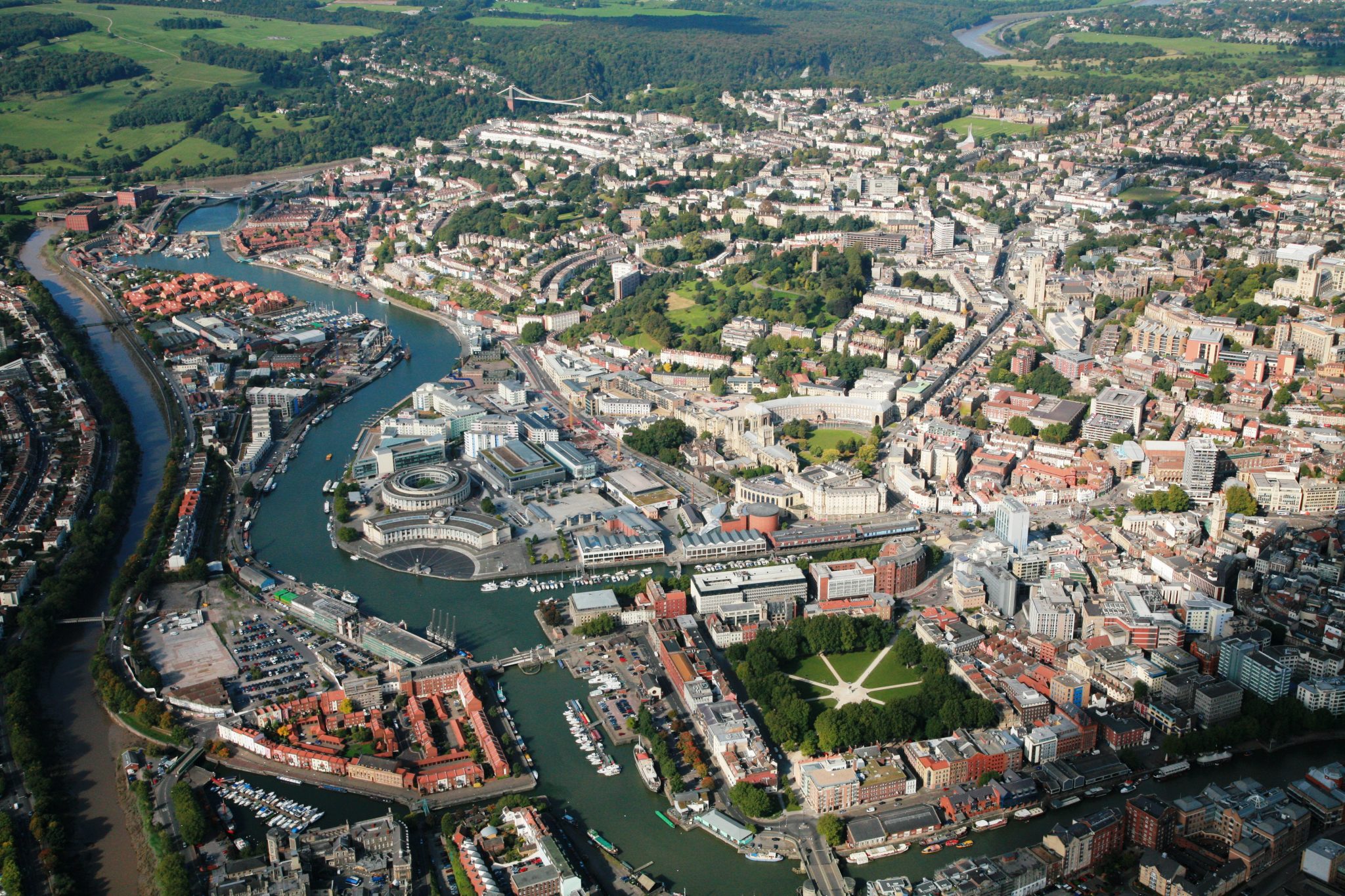If Cllr Tom Renhard had to prioritise one task from his (very) long ‘to-do’ list, it would be to close the £128m gap in Bristol’s flood defence funds. He said the move would unlock multiple brownfield sites, helping to deliver in excess of 15,000 houses.
This insight was just one of the takeaways from our latest webinar. The event explored the challenges – and opportunities – facing Bristol City Council as it looks to improve the city’s housing and people’s lives. Specifically, the council aims to deliver 2,000 new and affordable homes in the city each year by 2024.
As cabinet member for housing delivery and homes, it is the task of Cllr Tom Renhard to help fulfil this ambition, while also meeting a number of other objectives. His brief includes but is not limited to; tackling standards in the private rented sector; addressing homelessness and rough sleeping; and maintaining the council’s 28,000 homes. All of this while supporting Bristol’s net zero targets.
At the webinar, Tom shared his approach to meeting these interconnected challenges, and the importance of engaging with the community at every step of the way.
A multifaceted challenge
Tom laid bare the extent of the city’s housing crisis, and its impact on people. There are currently 16,000 people on the council’s waiting list for social housing and 1,000 people are living in temporary accommodation. The link between housing, mental health and people’s life chances has been made clear in numerous studies. “Getting housing built is the key to social justice,” he said.
Accelerating the delivery of homes in Bristol
The council is working on a 30-year business plan for its housing revenue account that sets out the direction of travel for its approach to its own housing. Local communities are helping to shape these plans.
For the last few months, the council has been consulting local people on matters such as what kind of housing they want to see delivered; how they like to see housing funds spent; and what ‘affordable housing’ could and should mean. Called Bristol’s big housing conversation, the consultation ends on 3 December, with the results due to be presented to council in February 2022.
As part of its wide-ranging review of housing provision, the council is considering various routes to enable the delivery of more affordable homes. For example, new partnerships with the private sector in the form of revised section 106 agreements.
Modern Methods of Construction (MMC) represents another potential solution to accelerating housing delivery. Modular construction processes can help speed up the construction phase of development, as well as supporting the wider sustainability agenda, and creating new jobs (more on MMC below).
The council is also reviewing its own planning function. BCC has seen a doubling of planning applications over the last nine months as more people look to extend homes, reflecting changes in work practices. “It’s important we consider how to manage this increase, while actively managing the large planning applications so that they don’t get delayed,” said Tom.
Responding to the climate emergency
Bristol has already established itself as ahead of the curve in tackling the climate emergency, and its response to the housing crisis is framed by the challenge. The size of that challenge is huge – the mayor’s office calculates that it would cost £9bn to decarbonise the city. “It’s about damage mitigation,” said Tom. “But interventions shouldn’t hit the poorest hardest. Climate justice and social justice have got to be closely linked together’.
Within the council’s 30-year housing plan is a five-year plan that will look at retrofitting existing stock to reduce carbon emissions. The council has already spent £42m on decarbonising housing stock over the last five years.
“Dealing with existing stock is important given that 80% of the homes we will live in by 2050 already exist,” said Tom.
MMC could potentially play an important role in decarbonising new build if its use can be scaled up. The council has teamed up with partners on an Innovate UK funded scheme to research the application of MMC on nine test sites around the city. Tom emphasized that maximizing the benefits of MMC needs a regional approach, with cooperation across local authorities, given the need for scale of economies in the use of the method. Building a base of people skilled to work with MMC is, for example, another area that needs regional coordination.
Tom also flagged Bristol’s involvement in the UN Climate Smart Cities Challenge. The city’s challenge is to consider how we can develop affordable net zero homes. Responses to this challenge can be submitted to the initiative until 5 January 2022. The council will be awarded 400,000 euros to implement the best ideas.
Engaging young people: another important challenge
Finally, Tom considered the question of how to engage people, especially younger people, with the processes that shape their neighbourhoods, acknowledging that there is a sense among this group that their voice is not being heard (echoing findings in Social’s Place Index).
He said more needed to be done to engage young people using their preferred media platforms and via their social networks. “We ignore young people at our peril. It’s their future,” he commented.
Other topics
Other topics raised by webinar attendees included drivers of the housing crisis, the need to consider greenfield development; the role of Homes England in unlocking the viability of challenging sites; tensions between commercial, social and environmental goals in housing; and the need for collaborative working between local authorities.
On this latter matter Tom responded: “A lack of coherent policies across different local authorities has been a problem. But progress is being made to understand our different constraints. We need to explore why we don’t agree.”
Tom pointed out that a spatial development strategy for the region, coordinated by West of England Combined Authority (WECA), will be submitted to Mayor of Bristol’s office and council leaders in early 2022 for consultation. He concluded: “It’s all about having open conversations. I’m always happy to talk to anyone with ideas about improving our communities’ homes.”
You can catch up on the video below.
Thanks to Tom and all who attended the session; we hope you found it interesting.


